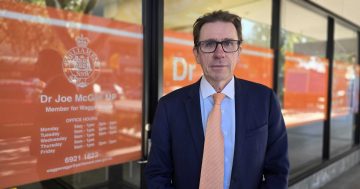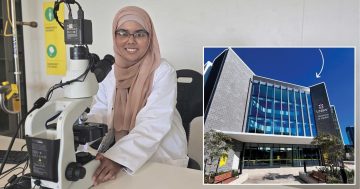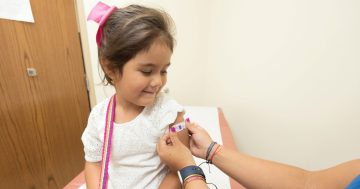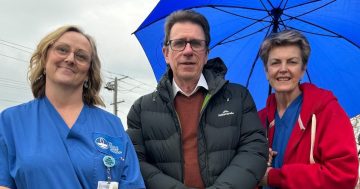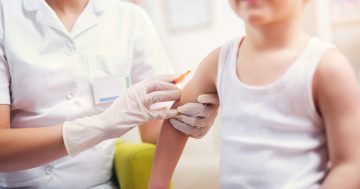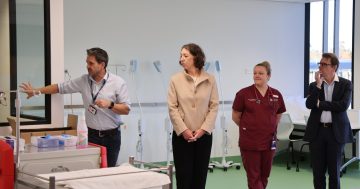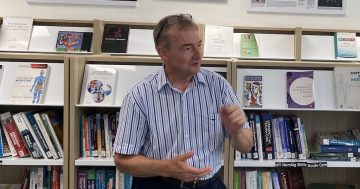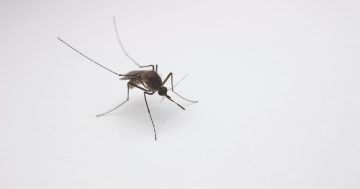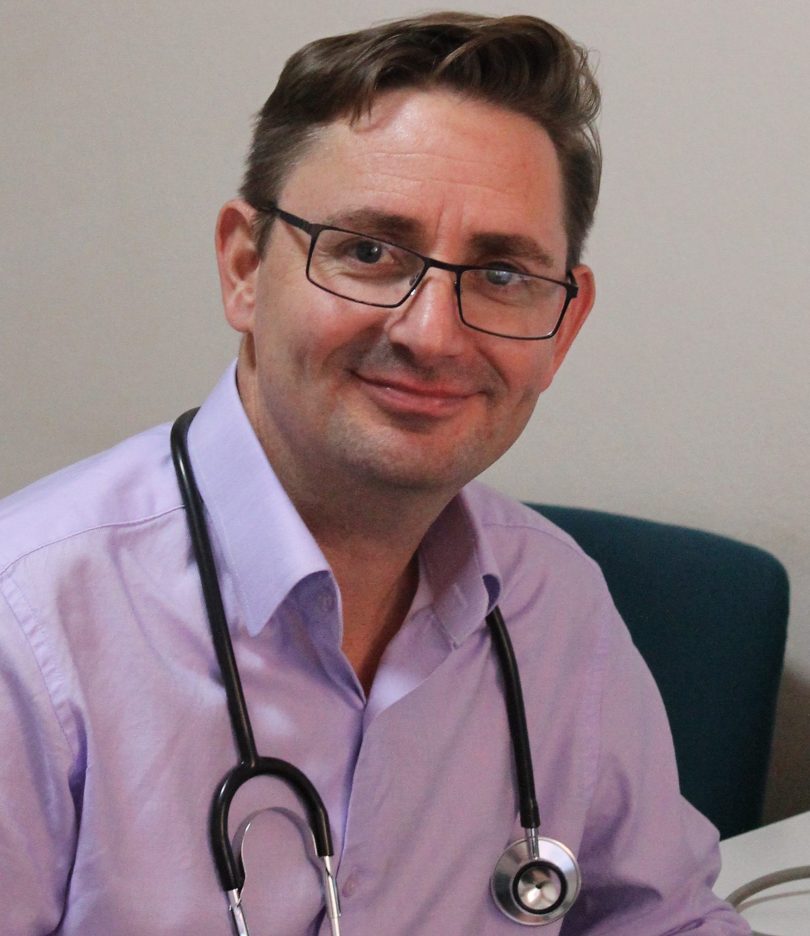
Dr John Hall said the inexorable spread of the delta strain across rural NSW was making heightened readiness essential. Photo: Supplied.
Rural doctors are urging their local communities to be on the highest alert with the potential for a COVID-19 outbreak growing.
Dr John Hall, President of the Rural Doctors Association of Australia (RDAA), said the inexorable spread of the delta strain across rural NSW was making heightened readiness essential.
“We know it is on the way – so please, wear your masks, check in to every venue, sanitise your hands, stay home when required and book in for your vaccination,” Dr Hall said.
“Lockdowns and stay at home orders come into place to minimise the risk to your community. That includes you, your friends and your families. It’s important.
“They are not a punishment and you shouldn’t try to outrace them across the state – that is exactly how it spreads, through people who did not yet know they were infected moving around.
“This really is DEFCON 1 for rural. We are experiencing an imminent threat to our health security and we need to be on the highest alert.”
Dr Hall said all the risk-minimisation advice had been around for more than a year now and people needed to heed it.
“Stay 1.5 metres away from people. Wash and/or sanitise your hands. Wear a mask, and to help us track risk – check in to every venue you enter,” he said.
“Yes, there is limited access to the Pfizer vaccine in many rural communities, but it is on the way as fast as the government can get it there, and in the meantime, there is a good supply of AstraZeneca, which is also a safe vaccine.
“Make an appointment to talk to your rural GP if you have any concerns or health issues that you need to talk through before making your decision on how to proceed. However, with COVID now spreading quickly, the risk to you if you remain unvaccinated is getting higher every day.”
Dr Hall said the RDAA was concerned about the risk to rural medical services should COVID gain a foothold in smaller rural communities. He asked patients to be extra-cautious when visiting their doctor or local hospital.
“Rural towns have smaller medical workforce numbers,” Dr Hall said.
“Should a site get exposed, even without anyone contracting COVID, closing them for a deep clean or quarantine period can have serious implications for the medical care available to the community.
“Worse, if the healthcare team gets unknowingly exposed to the virus, contracting and spreading it through the staff at the hospital or general practice, this puts both staff and patients at severe risk of illness or death and could result in the closure of the service until the quarantine period has passed.
“Many rural doctors, nurses and other health care practitioners are older and in the higher-risk categories should they catch the disease.
“Not all of them have been able to access the vaccine they need to protect themselves, through no fault of their own.
“Please don’t turn up to a medical facility if you have any COVID-like symptoms. Ring ahead and give the staff time to put the necessary precautions in place.”







